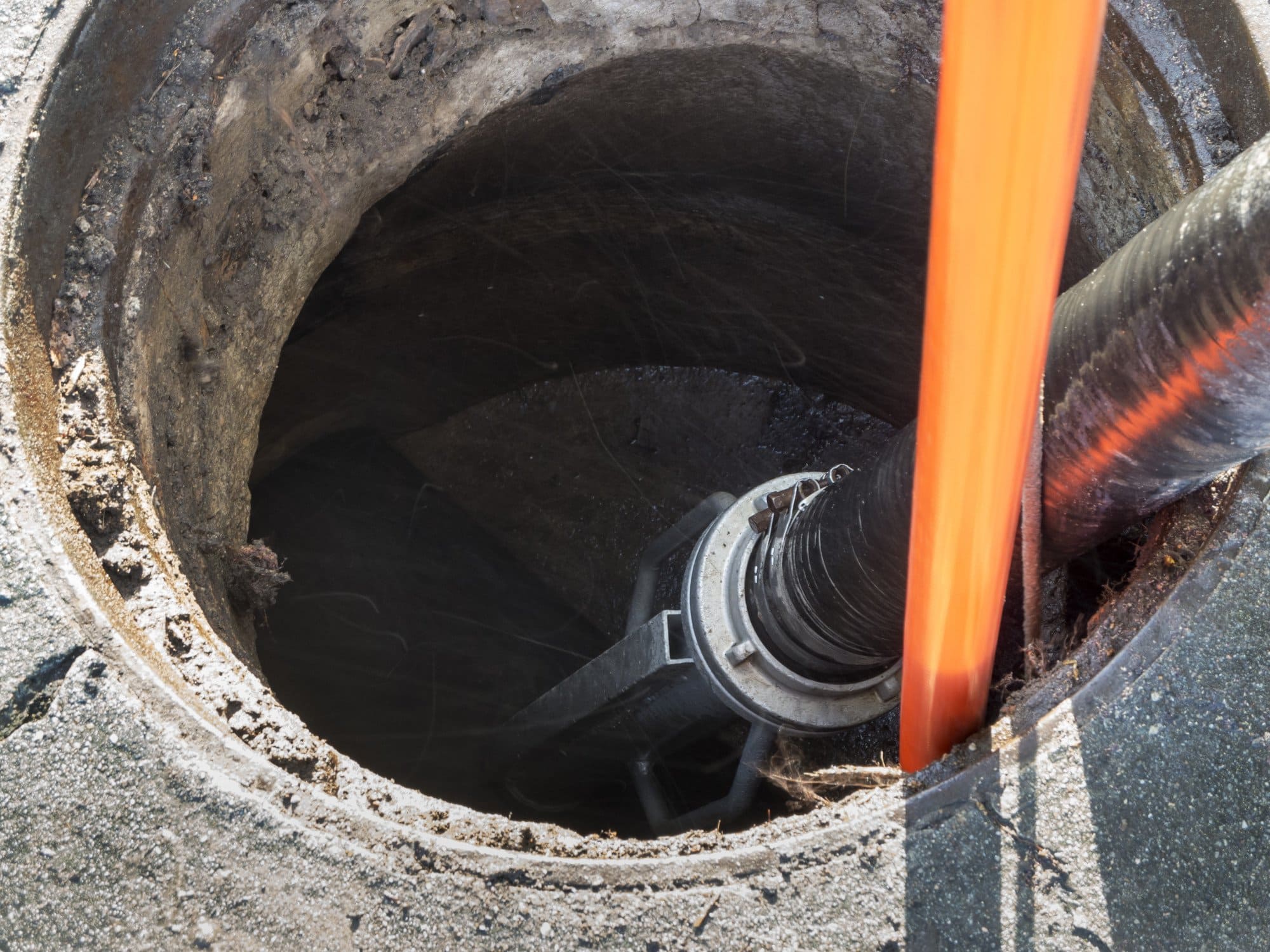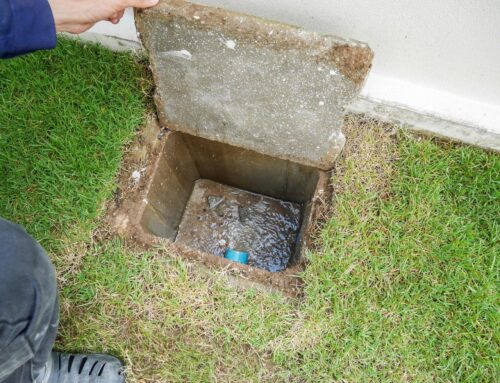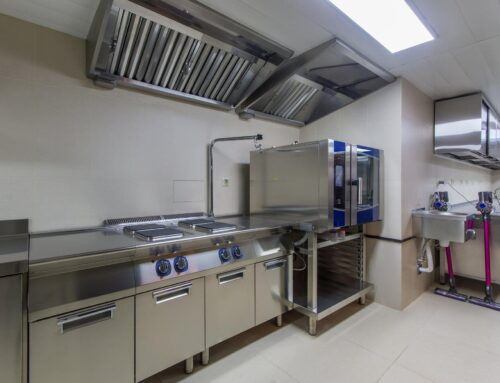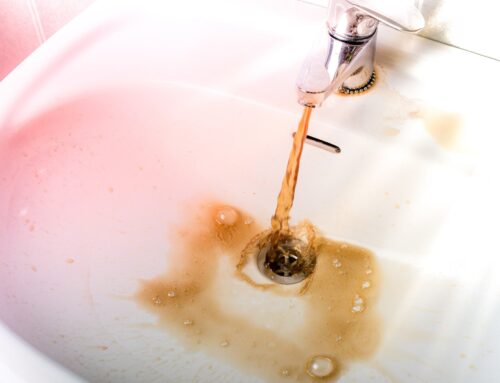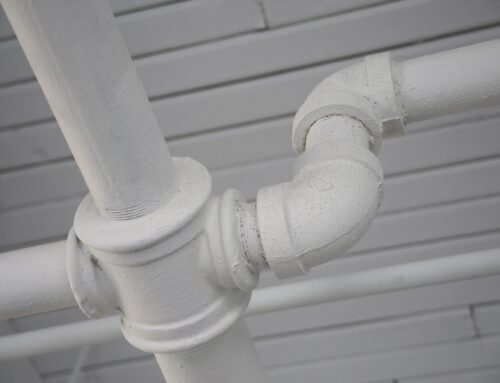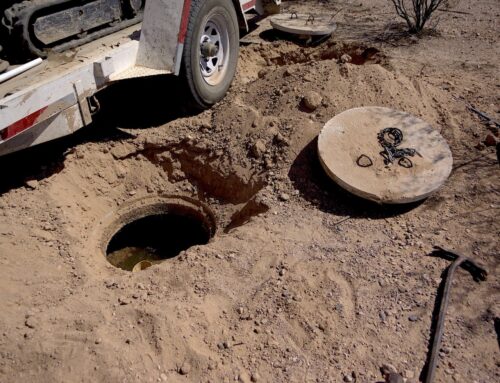The plumbing, the roof, and the HVAC system: these are the components of our house that we think are the most vital. However, there’s one essential component that often goes unnoticed until a problem arises: the cesspool.
Cesspools are underground wastewater treatment systems commonly used in rural areas, and their proper cesspool maintenance is crucial to avoid costly repairs and environmental issues.
In this homeowner’s guide, we’ll explore what cesspools are, why they matter, and how to maintain them effectively. Keep reading to learn more.
What Is a Cesspool?
A cesspool, also known as a cesspit, is an underground chamber used for the collection and temporary storage of wastewater and sewage. It is typically constructed from concrete, brick, or other durable materials depending on which of the types of cesspools it is. It is usually buried underground in a yard.
Residential cesspools are common in rural areas where municipal sewer systems are not available. They serve as a simple means of waste disposal, relying on natural processes to treat and break down the wastewater.
How Cesspools Work
Cesspools operate through a relatively straightforward process. Wastewater from your home flows into the cesspool, where solids settle to the bottom and microbial action begins to break down organic matter.
The liquid effluent slowly percolates into the surrounding soil, allowing for further treatment through natural biological processes. This helps prevent contamination of groundwater and surface water sources.
The Importance of Cesspool Maintenance
Maintenance is the key to preventing all sorts of problems with your residential cesspit. Let’s explore why it’s so important to maintain your cesspool effectively.
Environmental Protection
An unmaintained cesspool can lead to contamination of groundwater and nearby water bodies, posing a significant environmental risk.
Harmful bacteria, chemicals, and pollutants can seep into the ground and eventually reach drinking water sources. This can affect both your household and the broader community.
Avoiding Health Hazards
Neglecting cesspool maintenance can result in sewage backups, unpleasant odors, and unsanitary conditions around your property. This can create health hazards for your family and pets, making proper maintenance crucial.
Cost Savings
Regular maintenance helps prevent costly repairs and premature cesspool failure. A well-maintained cesspool can serve your household for many years, saving you money in the long run.
Cesspool Maintenance Best Practices
So now you know why it is so important for you to keep the cesspool in great shape. But how do you go about doing it? Well, there are a few easy things that you can do to keep everything working properly.
Regular Pumping
One of the most critical aspects of cesspool maintenance is periodic pumping. The frequency of pumping depends on the size of your household and the cesspool’s capacity.
As a general guideline, consider having your cesspool pumped every 3-5 years. Regular pumping prevents solids from accumulating in the tank, which can lead to clogs and backups.
Watch What You Flush
Cesspools are not designed to handle certain items. Avoid flushing non-biodegradable items like paper towels, sanitary products, diapers, and grease down your drains. These items can lead to blockages and cesspool issues.
Water Conservation
Using water efficiently can extend the life of your cesspool. Fix any plumbing leaks promptly, and consider installing low-flow fixtures to reduce water consumption. Excessive water usage can overload your cesspool, causing it to fill up faster.
Regular Inspections
Schedule regular inspections of your cesspool by a qualified professional. They can check for signs of damage, leaks, or other issues. Early detection can help prevent major problems and costly repairs.
Be Mindful of Landscaping
Avoid planting trees and shrubs with aggressive root systems near your cesspool. The roots can infiltrate and damage the tank or distribution pipes. Consult with a landscaper to choose suitable plantings for your yard.
Proper Disposal of Hazardous Waste
Dispose of hazardous household chemicals responsibly, as these substances can harm the microbial action in your cesspool. Contact your local waste management facility for guidance on safe disposal options.
Signs of Cesspool Problems
When possible, you should try to catch cesspool issues early to prevent costly repairs. Here are some of the most common issues that you should keep an eye out for.
Slow Draining Fixtures
If sinks, showers, or toilets drain slowly, it could indicate a clog or capacity issue in your cesspool. If this happens, it’s important to look for other signs of an issue.
Foul Odors
Given the nature of what cesspools are, this one can be hard to spot completely. That being said, unpleasant odors around your property may be a sign that your cesspool is not functioning correctly.
Sewage Backup
A sewage backup in your home is a severe problem that requires immediate attention. It can result from a cesspool that is full or malfunctioning.
Lush Grass or Marshy Areas
Unusually green or marshy areas in your yard may indicate that your cesspool is leaking or overflowing. This will often saturate the ground around it.
Cesspool Replacement
Eventually, even with proper maintenance, cesspools may reach the end of their lifespan. When repairs are no longer feasible, you may need to consider cesspool replacement.
Permits and Regulations
Contact your local health department or environmental agency to obtain the necessary permits and ensure compliance with local regulations. Non-compliance can lead to a lot of issues, so make sure this is done as soon as possible.
Professional Installation
Cesspool replacement is a complex task that should be performed by experienced professionals. The new system must meet all relevant codes and standards.
Find a Professional Today
Cesspools may not be as glamorous as other parts of your home, but they play a vital role in wastewater management. Proper cesspool maintenance is essential to protect the environment, avoid health hazards, and save money in the long run.
By following the best practices outlined in this guide and being attentive to signs of trouble, you can ensure your cesspool serves your household well for many years to come. Your home, your community, and the environment will thank you for your responsible stewardship of this critical aspect of homeownership.
If you can’t handle doing cesspool maintenance yourself, then consult ACE Disposal and get a quote today. We can help you out.

